
Subscribe to the CryptoWeekly Newsletter
Get the top stories, funding deals, technical analysis, cryptocurrency jobs and much more delivered to your inbox, every Monday morning.

October 23,2022
TRM Labs And Binance Custody Partner Up To Improve Institutional Compliance

October 20,2022
South Africa Decrees Cryptocurrency Assets Financial Products

October 18,2022
Mastercard Charges Forward With Crypto Immersion

October 16,2022
Samsung Announces Knox Matrix To Help Improve Security Measures Via Blockchain Technology

October 15,2022
India Police Look To Polygon For Infrastructure Efficiency Improvements

October 12,2022
Google Announces Partnership With Coinbase To Integrate Crypto Payments.
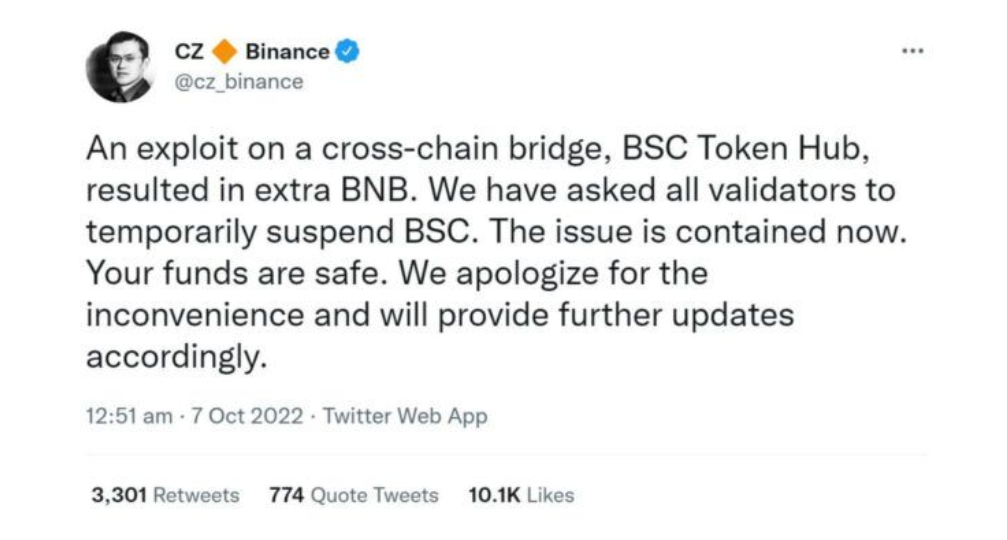
October 10,2022
Binance Hacked For 2 Million BNB
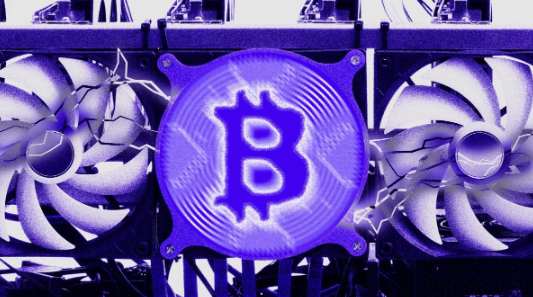
October 09,2022
New Bitcoin Mining Investment Opportunity Announced By Grayscale
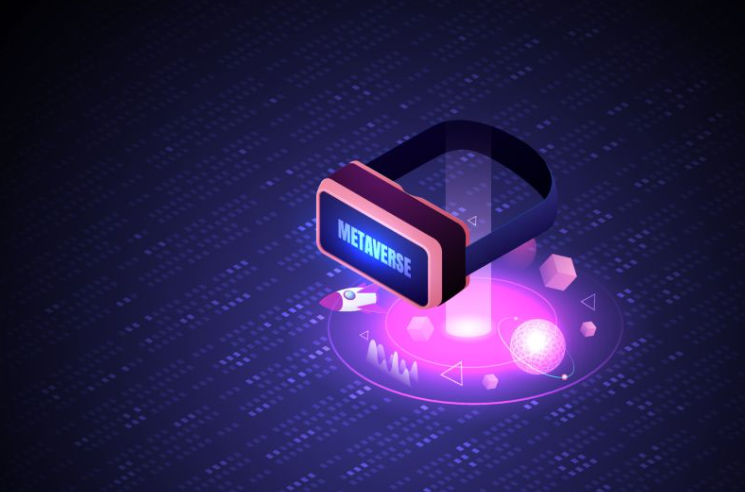
October 08,2022
Accelerating Acceptance And Investment In Metaverse
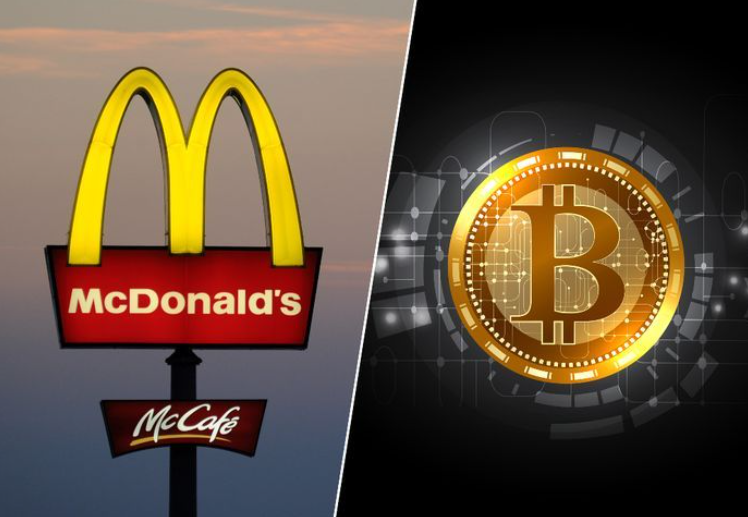
October 06,2022
Swiss Mcdonalds Accepts Crypto
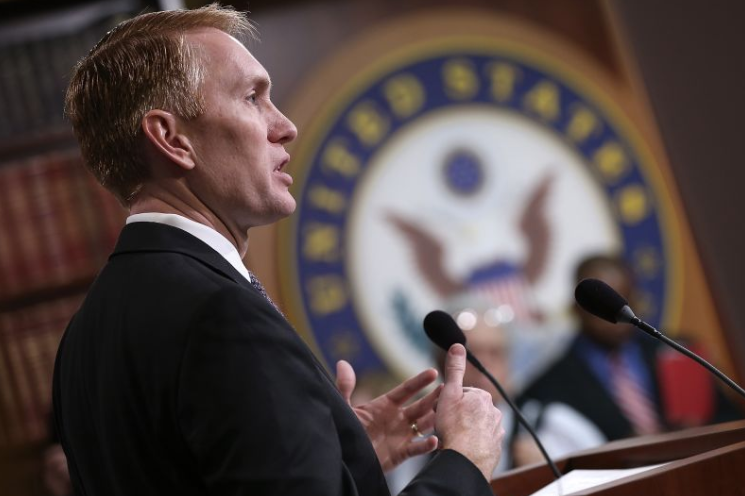
October 04,2022
Oklahoma Senator Introduces The No Digital Dollar Act.
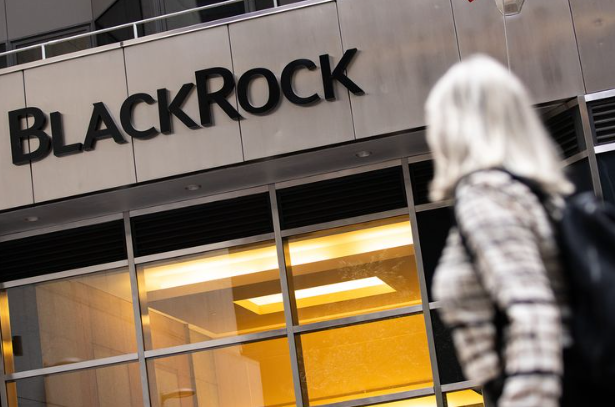
October 02,2022